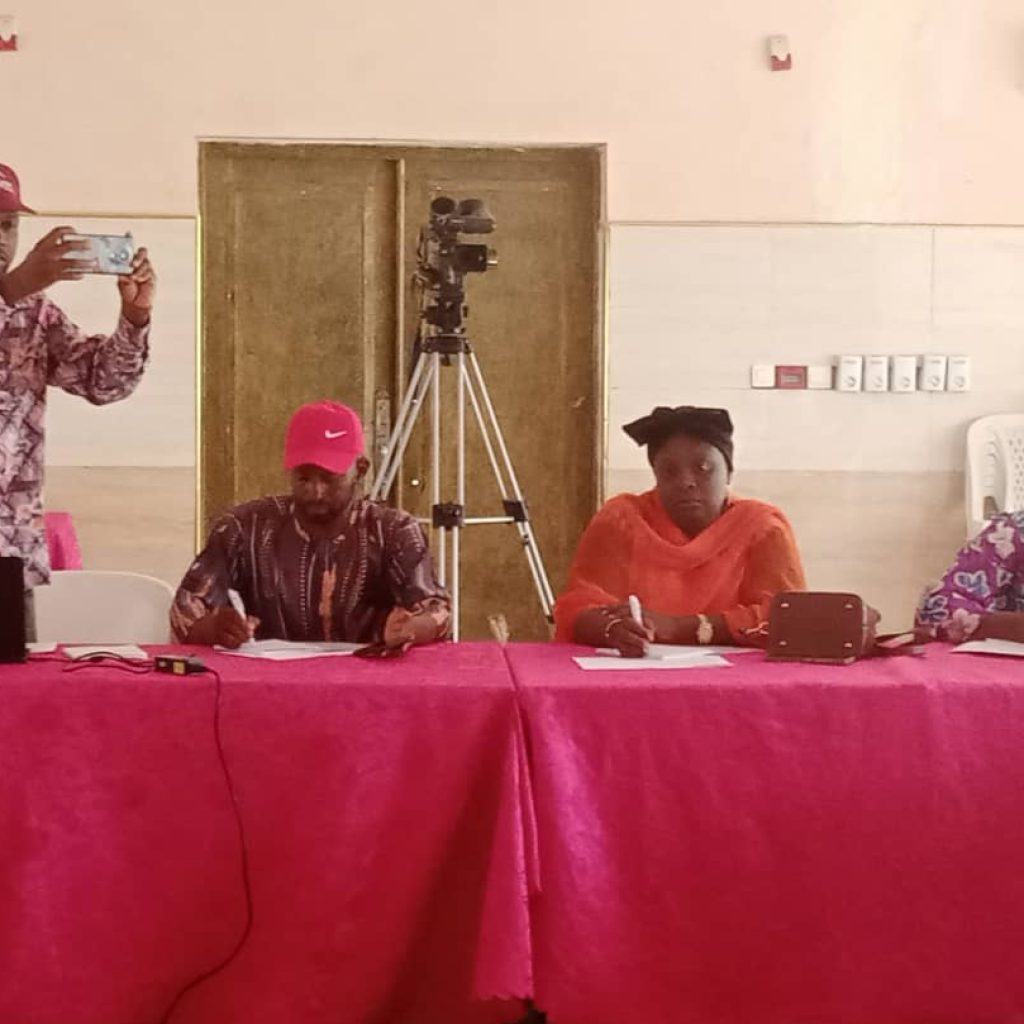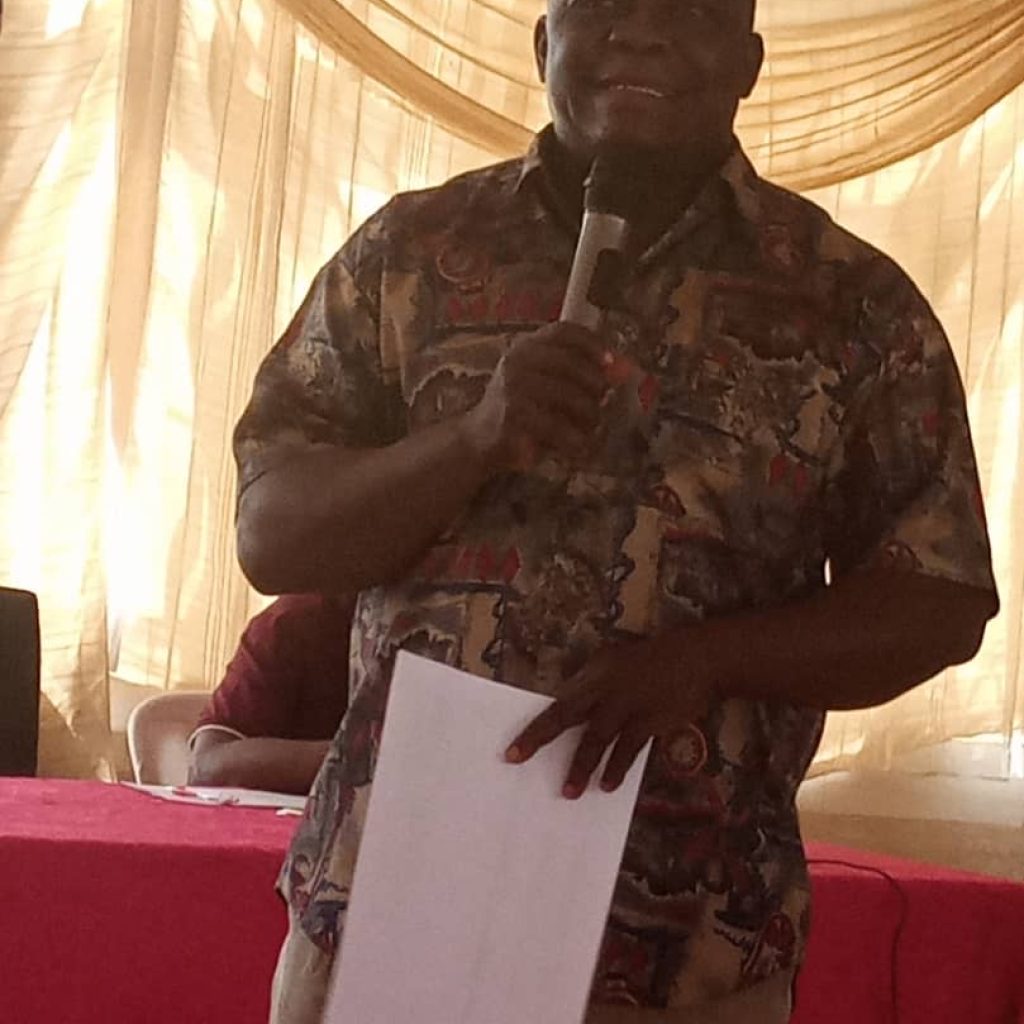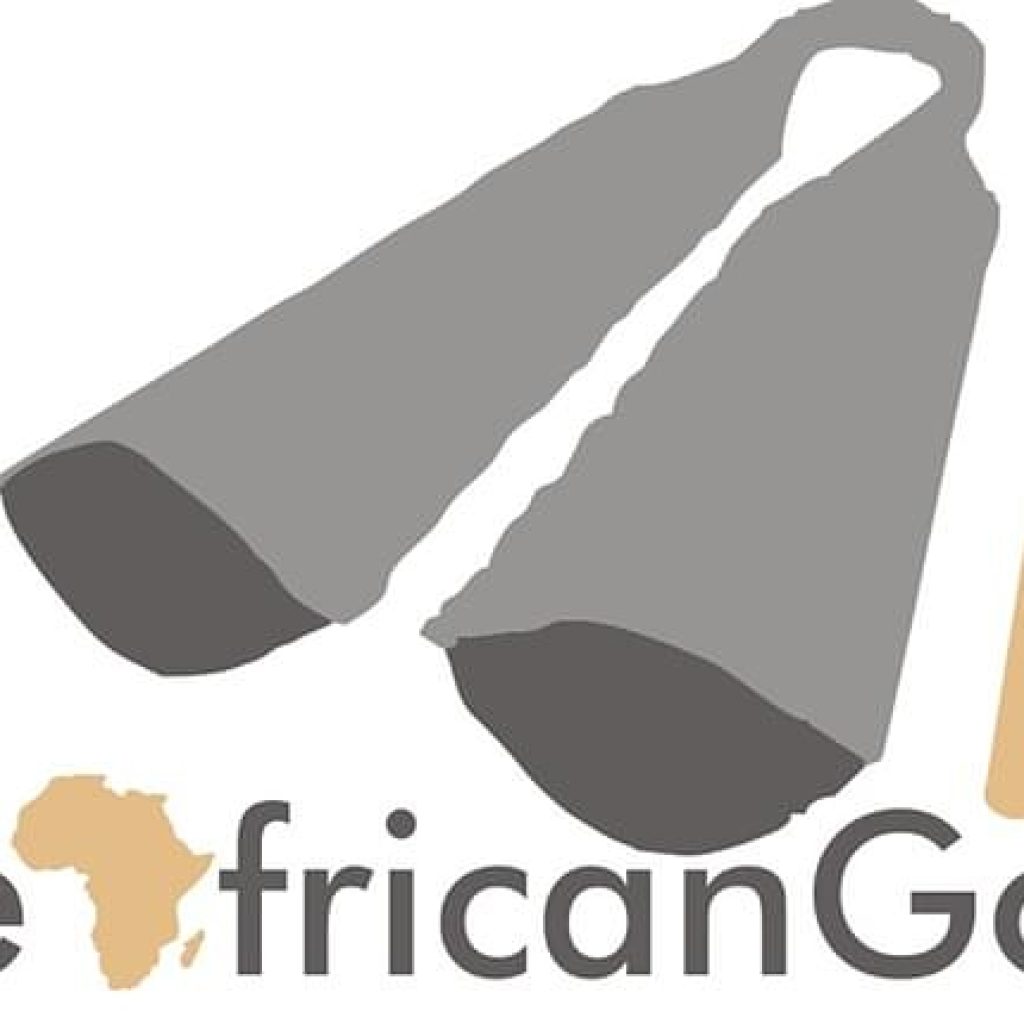
Segun Babatunde in Bauchi
The United States Agency for International Development (USAID) funded Integrated Health Programme (IHP) has organised a three – day Media engagement to develop an influencing and effective strategy towards reducing the burden of Maternal, Perinatal and Child Death Surveillance Response (MPCDSR) in Bauchi State in particular, and the country at large considering the trend of deaths during child birth.
The Media training which had in attendance 15 journalists in Bauchi State drawn from the print and electronic organisations are participating in the workshop to define modalities in reporting of maternal, newborn and child deaths.
Addressing participants at the training held at Chartwell hotel,Misau, Bauchi State yesterday, the Technical Director, USAID – IHP, Dr Ibrahim Kabo described journalists as important stakeholders in the process of saving the lives of pregnant women, lactating mothers and children under- 5 years through adequate and accurate reportage of issues revolving around quality family health.
In his paper presentation titled “Magnitude of Maternal, Newborn and Child Mortality – Global/ Regiona/National/State Perspective”, Dr Kabo pointed out that reporting MPCDSR “is very sensitive and is for general well-being of state and country by extension to improve what should be provided to prevent maternal and child deaths”.
The IHP Technical Director added that equipping journalists with skills and knowledge to improve competency in investigating and reporting issues around MPCDSR cannot be overemphasized considering the changing trend in health reporting for quality health care particularly for pregnant women, lactating mothers and children under 5 years.
While stressing that quality must not be compromised in health care service delivery, he urged journalists attending the training to take advantage of having first hand information about MPCDSR to embark on in debth investigation inorder to have accurate report of the issues with the aim of mitigating the problem to improve quality family health care services.
In his brief presentation, USAID – IHP Knowledge and Communication Advisor, Boniface Kassam said that the objective of the training was to discuss the role and contribution of media to reducing the burden of maternal, newborn and child deaths.

He added that the training was also aimed at increasing the knowledge of participants on maternal and child deaths to enable them do accurate reporting of the issues as well as introduce the media to Quality of Care/Quality improvement to reduce maternal, newborn and child deaths.
According to him, “this training is meant to equip the media to understand causes of maternal, newborn and child deaths as well as to enumerate evidence- based interventions towards preventing maternal, newborn and child deaths in the state”.
In her contribution, Secretary of Bauchi State Steering Committee of MPCDSR,Zuwaira Baba disclosed that with the support of implementation partners,17 secondary health facilities are now reporting the issue of MPCDSR since 2022 in the state.

However,she noted that to scale up reports of MPCDSR and to expedite action,”a fresher training is on going in 25 secondary health facilities and 13 primary health centres across the state”.
According to her, part of the numerous challenges facing issues effective and efficient health care service delivery in the state is the lack of budget line by the Bauchi State government on MPCDSR and other health related issues in the state.

